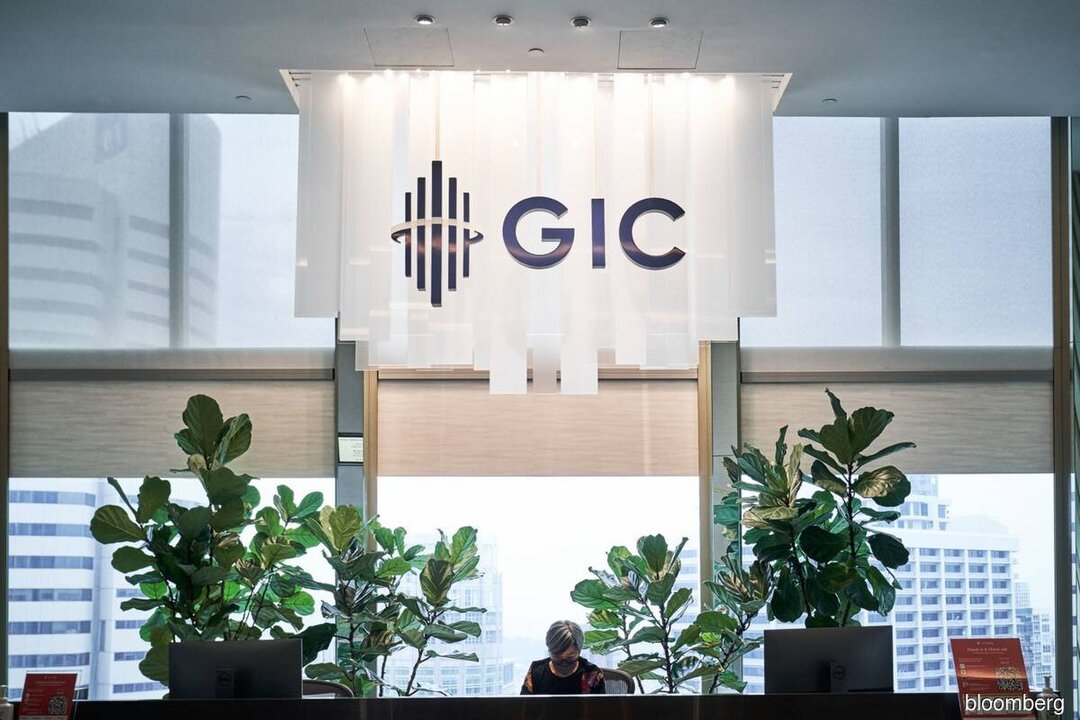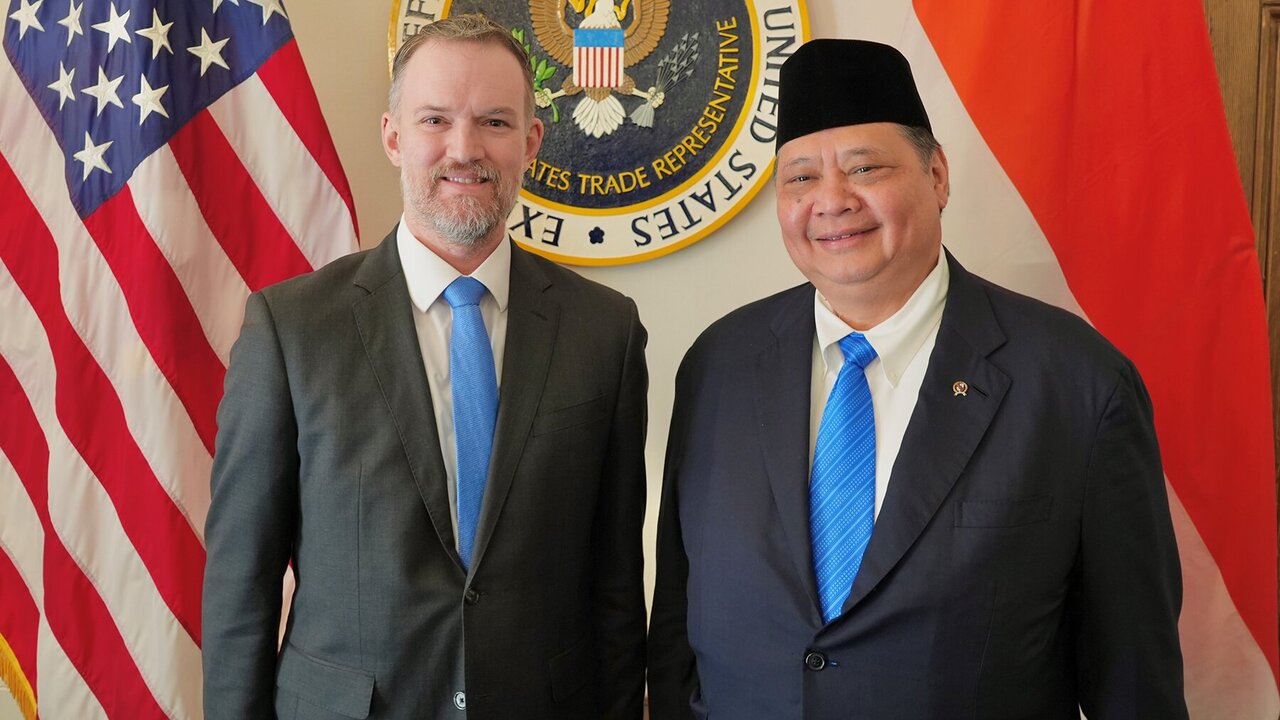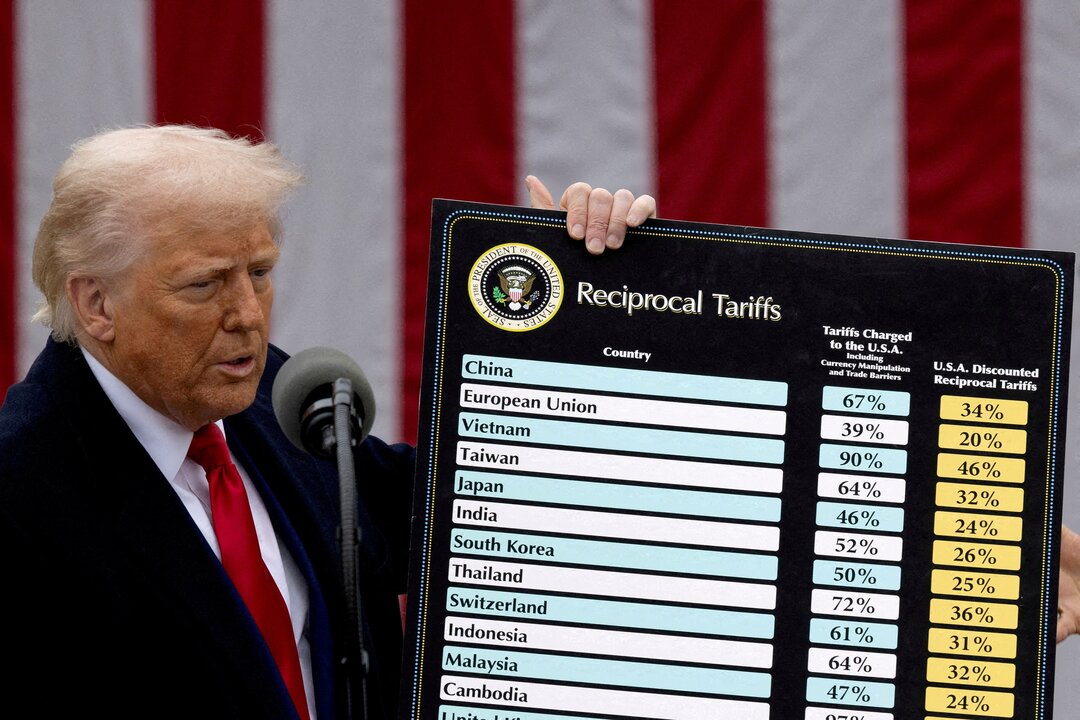The chip giant's Q2 2025 revenue reached $12.9 billion, exceeding analyst expectations, but losses intensified significantly.
Intel Corporation announced its financial results for the second quarter of 2025, reporting revenues of $12.9 billion, surpassing analysts' expectations of $11.97 billion.
However, this figure reflects a slight decline of 0.2% compared to the same quarter last year.
The company's net loss escalated by 81%, reaching $2.9 billion, resulting in a loss per share of 67 cents, contrary to analyst forecasts of a one-cent profit per share.
Following the release of its financial results, Intel's stock experienced a 2.5% increase in after-hours trading, despite closing down 3.7% during regular trading hours.
In terms of revenue distribution across its business segments, Intel reported a 1% decrease in its core products division, which includes chips for personal computers, data centers, and networking, resulting in $11.8 billion in revenue.
Within this segment, personal computing group revenues fell by 3% to $7.9 billion, while data center and AI revenues, which are critical in competing with NVIDIA, increased by 4% to $3.9 billion.
The foundry business, which manufactures chips for other companies, witnessed a 3% growth, generating $4.4 billion in revenue.
Additionally, revenues from other company operations, which includes products from Mobileye and Altera, experienced a 20% increase, totaling $1.1 billion.
For the upcoming quarter, Intel forecasts revenues between $12.6 billion and $13.6 billion, indicating a potential decrease of 5.3% or an increase of 2.3% compared to the third quarter of 2024, where revenues stood at $13.3 billion.
The company projects a loss per share ranging between 24 cents and zero cents.
Intel’s CEO, Pat Gelsinger, commented on the operational performance, highlighting the company’s focus on enhancing its core products and AI roadmap.
He emphasized the importance of establishing greater financial discipline within the foundry operations while acknowledging that these efforts will take time.
Gelsinger expressed optimism about strengthening competitive positioning, improving profitability, and creating long-term value for shareholders.







































